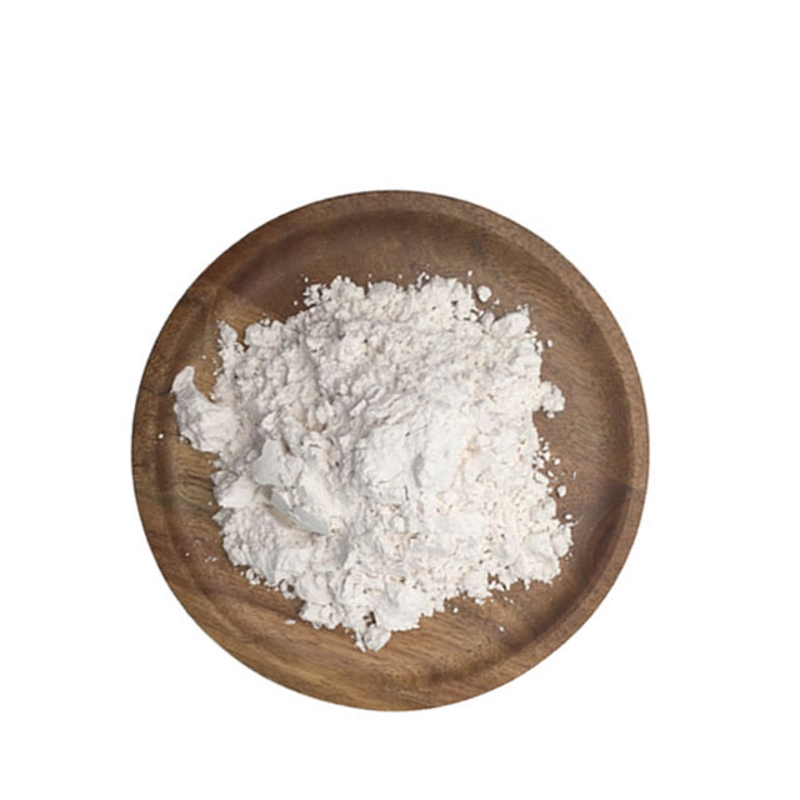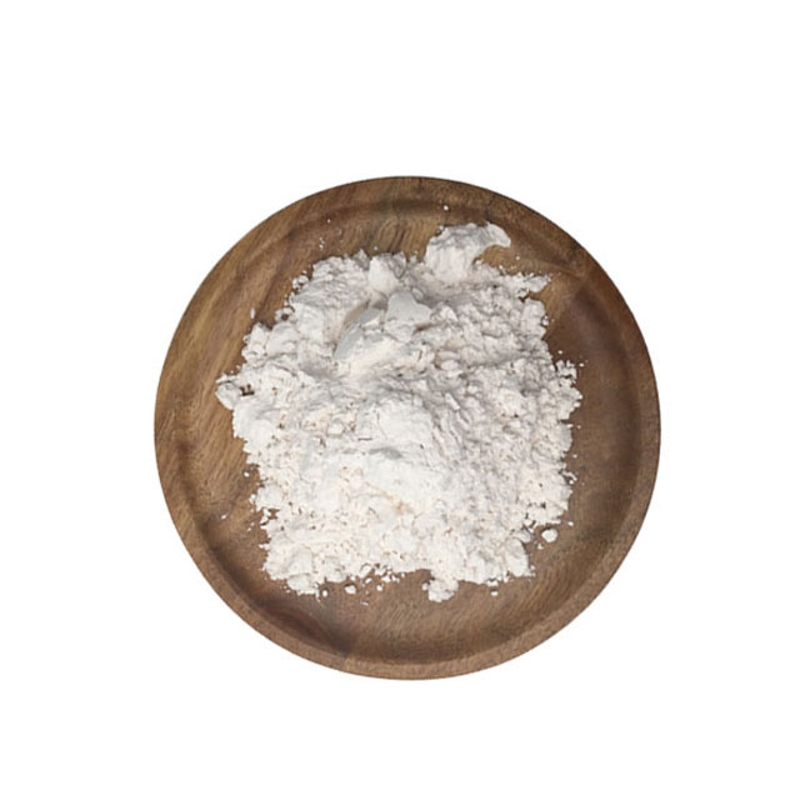-
Categories
-
Pharmaceutical Intermediates
-
Active Pharmaceutical Ingredients
-
Food Additives
- Industrial Coatings
- Agrochemicals
- Dyes and Pigments
- Surfactant
- Flavors and Fragrances
- Chemical Reagents
- Catalyst and Auxiliary
- Natural Products
- Inorganic Chemistry
-
Organic Chemistry
-
Biochemical Engineering
- Analytical Chemistry
- Cosmetic Ingredient
-
Pharmaceutical Intermediates
Promotion
ECHEMI Mall
Wholesale
Weekly Price
Exhibition
News
-
Trade Service
Editor’s note iNature is China’s largest academic public account.
It is jointly created by a team of doctors from Tsinghua University, Harvard University, Chinese Academy of Sciences and other units.
The iNature talent public account is now launched, focusing on talent recruitment, academic progress, scientific research information, interested parties can Long press or scan the QR code below to follow us
.
iNature reported that changing the gut microbiota can reduce the incidence of type 1 diabetes (T1D)
.
It is hypothesized that changes in the gut microbiota may also have an impact on the cognitive function of T1D
.
Here, the study uses the non-absorbable antibiotic vancomycin to change the gut microbiota of T1D mice induced by streptozotocin (STZ), and investigates the impact of microbial changes on the cognitive ability of T1D mice and its potential The mechanism of intestinal cranial nerves
.
On June 25, 2021, Wenzhou Medical University Gao Hongchang and Song Weihong jointly published an online newsletter titled "Depletion of acetate-producing bacteria from the gut microbiota facilitates cognitive impairment through the gut-brain neural mechanism in diabetic mice" on Microbiome (IF=15) "The research paper found that vancomycin exposure destroyed the gut microbiota, changed the host metabolic phenotype, and promoted cognitive impairment in T1D mice
.
Long-term acetate deficiency due to the exhaustion of acetate-producing bacteria leads to a decrease in synaptophysin (SYP) in the hippocampus and impairment of learning and memory
.
In vancomycin-treated T1D mice, exogenous acetate supplements or fecal microbiota transplantation restored hippocampal SYP levels, and this effect was reduced by vagus nerve suppression or vagotomy
.
In conclusion, the study found that the depletion of acetic acid producing bacteria caused long-term acetic acid deficiency can reduce hippocampal synaptophysin levels and accelerate cognitive dysfunction in diabetic mice.
This phenomenon may be mediated by the vagus nerve
.
This study not only reveals the new function of acetic acid, a metabolite of intestinal flora, but also suggests that long-term acetic acid deficiency may be one of the risk factors for cognitive impairment
.
In addition, the study also proposed a potential prevention and treatment strategy for cognitive dysfunction caused by the lack of acetic acid-producing bacteria
.
Type 1 diabetes (T1D) is an autoimmune disease characterized by high blood sugar caused by the destruction of pancreatic beta cells and impaired insulin secretion
.
According to data from the International Diabetes Federation (IDF), more than 1 million children and adolescents worldwide had T1D in 2017
.
T1D causes a series of complications of diabetes, among which cognitive dysfunction has received less attention, but it seriously affects the quality of life of patients
.
In addition, T1D patients have a significantly higher risk of dementia than T2D patients
.
Therefore, diabetes experts recommend guidelines for the screening and management of T1D-related cognitive impairment in daily practice
.
In recent years, diabetes-related cognitive dysfunction has received widespread attention, but the underlying mechanism of T1D-related cognitive decline is still unclear, which has seriously affected its clinical diagnosis and treatment
.
Several studies have shown that cognitive impairment in patients with T1D may be due to changes in brain structure, such as brain atrophy, white matter volume reduction, and gray matter density reduction
.
Disruption of brain function may adversely affect the cognitive abilities of patients with T1D
.
In animal studies, T1D-related cognitive decline is associated with neuronal apoptosis, oxidative stress, inflammation, and metabolic disorders
.
The gut microbiota is related to the development of T1D
.
In T1D rats with cognitive decline, the gut microbiota is destroyed
.
The modification of intestinal flora by vancomycin or methoxy pectin reduced the incidence of T1D in non-obese diabetic mice
.
Article pattern (picture from Microbiome) In this study, the non-absorbable antibiotic vancomycin was used to change the intestinal microbiota in the T1D mouse model induced by streptozotocin (STZ), and the effects of microbial changes were checked.
The impact of T1D mice on cognitive function
.
However, the study found that vancomycin-induced reduction of acetogens accelerated the cognitive decline of T1D mice
.
Long-term lack of acetate will reduce hippocampal synaptophysin and promote cognitive impairment in mice
.
The results of this study reveal that the microbial metabolite acetate plays an important role in cognitive function by regulating the intestinal-brain axis
.
Reference message: https://microbiomejournal.
biomedcentral.
com/articles/10.
1186/s40168-021-01088-9
It is jointly created by a team of doctors from Tsinghua University, Harvard University, Chinese Academy of Sciences and other units.
The iNature talent public account is now launched, focusing on talent recruitment, academic progress, scientific research information, interested parties can Long press or scan the QR code below to follow us
.
iNature reported that changing the gut microbiota can reduce the incidence of type 1 diabetes (T1D)
.
It is hypothesized that changes in the gut microbiota may also have an impact on the cognitive function of T1D
.
Here, the study uses the non-absorbable antibiotic vancomycin to change the gut microbiota of T1D mice induced by streptozotocin (STZ), and investigates the impact of microbial changes on the cognitive ability of T1D mice and its potential The mechanism of intestinal cranial nerves
.
On June 25, 2021, Wenzhou Medical University Gao Hongchang and Song Weihong jointly published an online newsletter titled "Depletion of acetate-producing bacteria from the gut microbiota facilitates cognitive impairment through the gut-brain neural mechanism in diabetic mice" on Microbiome (IF=15) "The research paper found that vancomycin exposure destroyed the gut microbiota, changed the host metabolic phenotype, and promoted cognitive impairment in T1D mice
.
Long-term acetate deficiency due to the exhaustion of acetate-producing bacteria leads to a decrease in synaptophysin (SYP) in the hippocampus and impairment of learning and memory
.
In vancomycin-treated T1D mice, exogenous acetate supplements or fecal microbiota transplantation restored hippocampal SYP levels, and this effect was reduced by vagus nerve suppression or vagotomy
.
In conclusion, the study found that the depletion of acetic acid producing bacteria caused long-term acetic acid deficiency can reduce hippocampal synaptophysin levels and accelerate cognitive dysfunction in diabetic mice.
This phenomenon may be mediated by the vagus nerve
.
This study not only reveals the new function of acetic acid, a metabolite of intestinal flora, but also suggests that long-term acetic acid deficiency may be one of the risk factors for cognitive impairment
.
In addition, the study also proposed a potential prevention and treatment strategy for cognitive dysfunction caused by the lack of acetic acid-producing bacteria
.
Type 1 diabetes (T1D) is an autoimmune disease characterized by high blood sugar caused by the destruction of pancreatic beta cells and impaired insulin secretion
.
According to data from the International Diabetes Federation (IDF), more than 1 million children and adolescents worldwide had T1D in 2017
.
T1D causes a series of complications of diabetes, among which cognitive dysfunction has received less attention, but it seriously affects the quality of life of patients
.
In addition, T1D patients have a significantly higher risk of dementia than T2D patients
.
Therefore, diabetes experts recommend guidelines for the screening and management of T1D-related cognitive impairment in daily practice
.
In recent years, diabetes-related cognitive dysfunction has received widespread attention, but the underlying mechanism of T1D-related cognitive decline is still unclear, which has seriously affected its clinical diagnosis and treatment
.
Several studies have shown that cognitive impairment in patients with T1D may be due to changes in brain structure, such as brain atrophy, white matter volume reduction, and gray matter density reduction
.
Disruption of brain function may adversely affect the cognitive abilities of patients with T1D
.
In animal studies, T1D-related cognitive decline is associated with neuronal apoptosis, oxidative stress, inflammation, and metabolic disorders
.
The gut microbiota is related to the development of T1D
.
In T1D rats with cognitive decline, the gut microbiota is destroyed
.
The modification of intestinal flora by vancomycin or methoxy pectin reduced the incidence of T1D in non-obese diabetic mice
.
Article pattern (picture from Microbiome) In this study, the non-absorbable antibiotic vancomycin was used to change the intestinal microbiota in the T1D mouse model induced by streptozotocin (STZ), and the effects of microbial changes were checked.
The impact of T1D mice on cognitive function
.
However, the study found that vancomycin-induced reduction of acetogens accelerated the cognitive decline of T1D mice
.
Long-term lack of acetate will reduce hippocampal synaptophysin and promote cognitive impairment in mice
.
The results of this study reveal that the microbial metabolite acetate plays an important role in cognitive function by regulating the intestinal-brain axis
.
Reference message: https://microbiomejournal.
biomedcentral.
com/articles/10.
1186/s40168-021-01088-9







